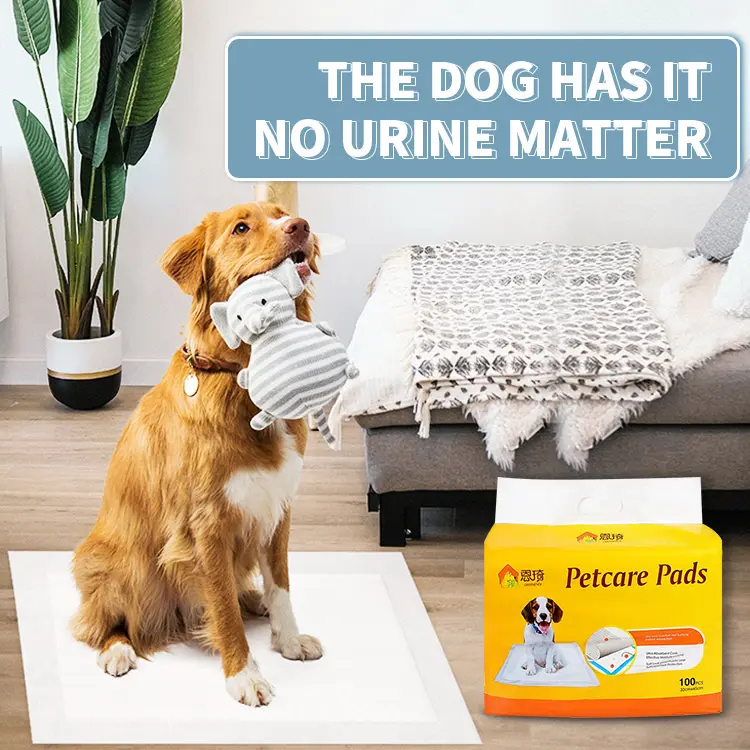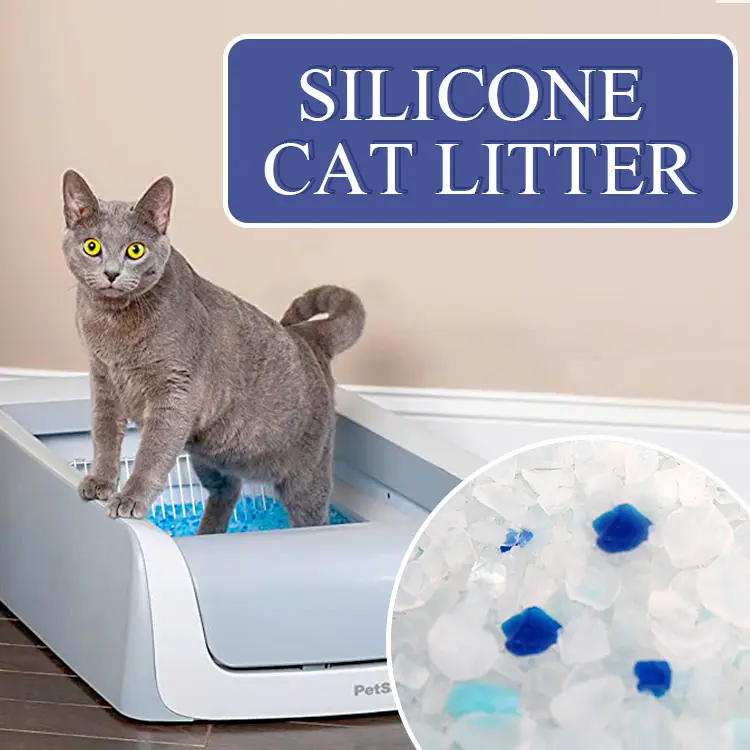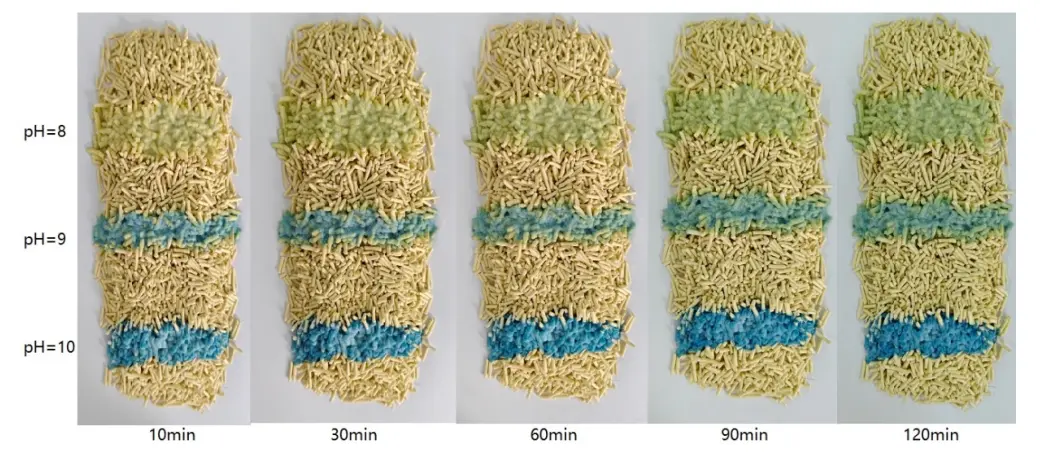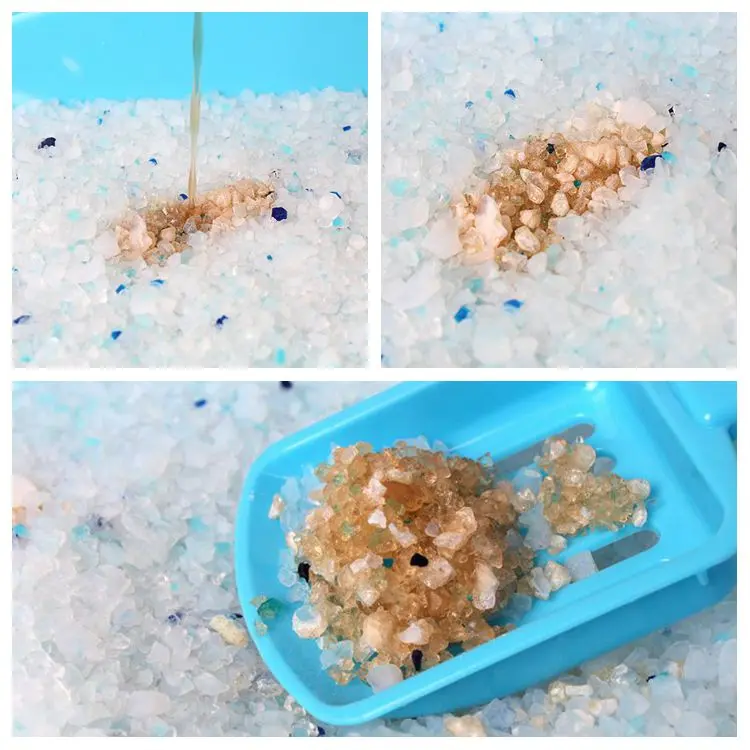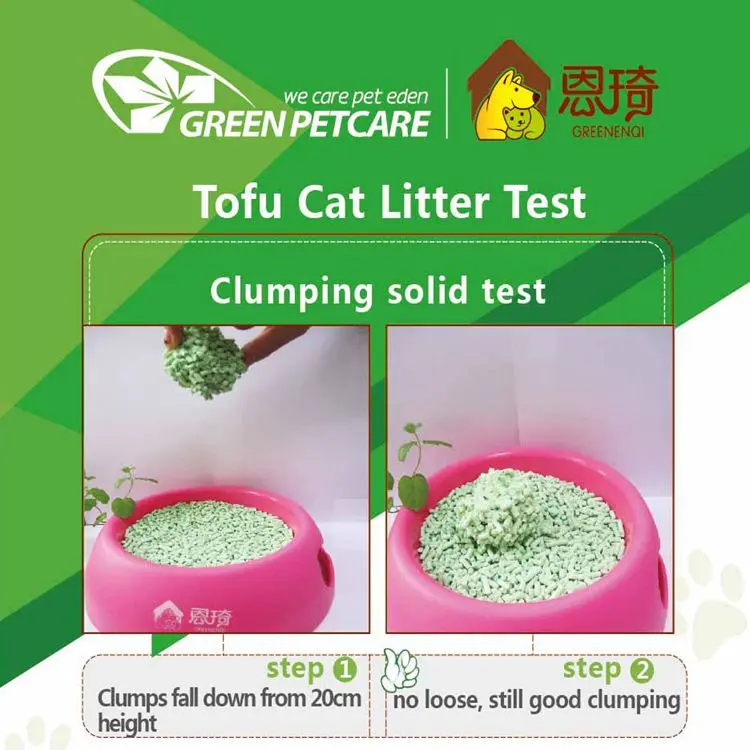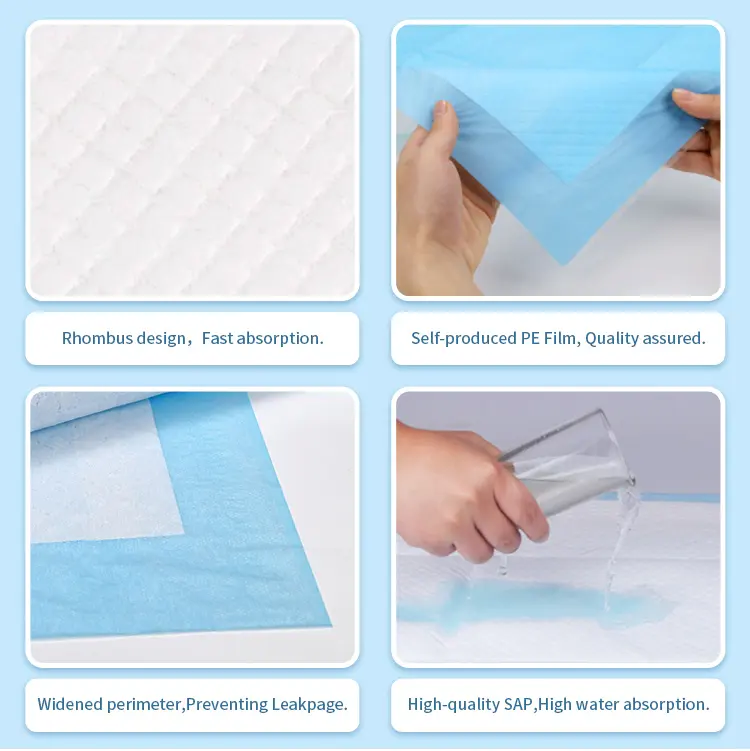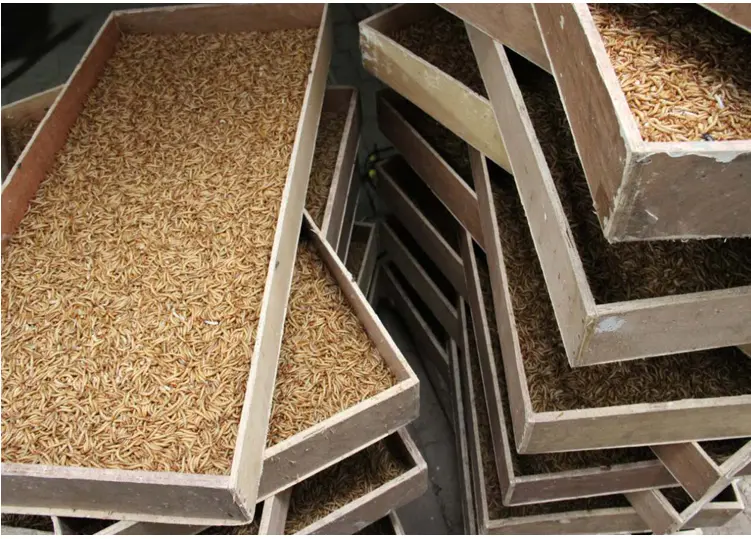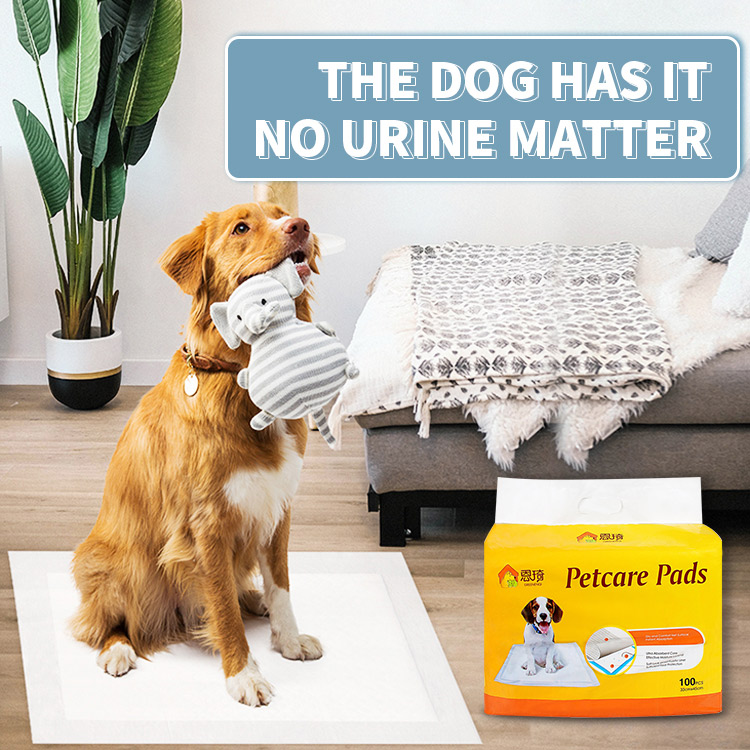Choosing the Healthiest Cat Litter
Introduction: Caring for our feline companions involves more than just providing food and shelter. As responsible pet owners, we must also consider their environmental needs, including the type of litter we choose for their litter boxes. With a plethora of options available on the market, selecting the healthiest cat litter can be overwhelming. In this guide, we'll explore the factors to consider when choosing cat litter and highlight some of the healthiest options for your furry friend.
Understanding Cat Litter: Cat litter serves the primary purpose of providing a sanitary place for your cat to eliminate waste. However, not all cat litters are created equal, and some may pose risks to your cat's health. Traditional clay-based litters, for example, may contain harmful chemicals such as silica dust, which can be inhaled by your cat and lead to respiratory issues over time.
Factors to Consider:
Dust Levels: Opt for low-dust or dust-free cat litters to minimize respiratory problems in both cats and humans. Dusty litters can exacerbate asthma and other respiratory conditions.
Odor Control: Look for cat litters with natural odor-absorbing properties to keep your home smelling fresh without the use of artificial fragrances, which can be irritating to sensitive noses.
Clumping Ability: Clumping litter makes it easier to scoop waste and maintain cleanliness in the litter box. However, be cautious with clumping litters if your cat is prone to ingesting litter, as clumps can cause intestinal blockages.
Environmental Impact: Consider eco-friendly cat litters made from sustainable materials that can be safely disposed of or composted.
Cat Preferences: Cats can be particular about the texture and scent of their litter. Experiment with different types to find the one that your cat prefers.
Healthiest Cat Litter Options:
Natural Wood Pellet Litter:
Made from reclaimed wood fibers, natural wood pellet litter is biodegradable and environmentally friendly.
It has excellent odor control properties and forms firm clumps for easy scooping.
Low dust levels make it a safer option for cats with respiratory sensitivities.
Recycled Paper Litter:
Recycled paper litter is gentle on sensitive paws and free from harmful chemicals.
It absorbs moisture effectively and helps control odors without added fragrances.
This litter is biodegradable and can be composted, reducing its environmental impact.
Plant-Based Litter:
Made from renewable corn resources, corn-based litter is both eco-friendly and biodegradable.
It forms strong clumps for easy waste removal and provides excellent odor control.
Corn litter is generally dust-free, making it suitable for cats with respiratory issues.
Crystal Silica Gel Cat Litter:
Crystal litter is made from silica gel, which absorbs moisture and neutralizes odors effectively.
It's virtually dust-free, making it suitable for cats with respiratory sensitivities.
While more expensive than some other options, crystal litter tends to last longer between changes.
Conclusion: Selecting the healthiest cat litter is essential for maintaining your cat's well-being and minimizing environmental impact. By considering factors such as dust levels, odor control, clumping ability, environmental sustainability, and your cat's preferences, you can choose a litter that promotes a clean and comfortable litter box experience for your feline friend. Experiment with different options to find the best fit for both you and your cat, ensuring a happy and healthy living environment.

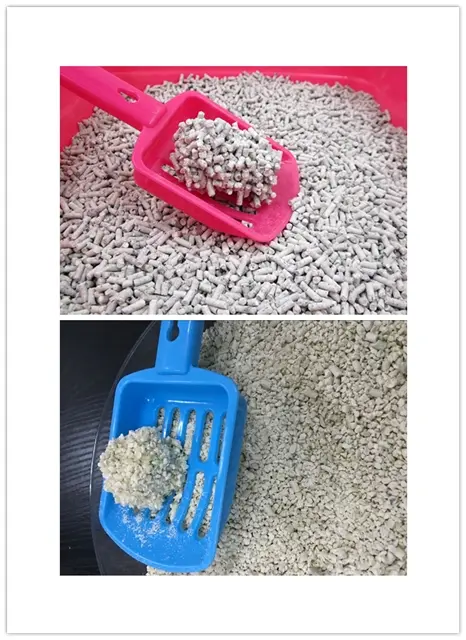

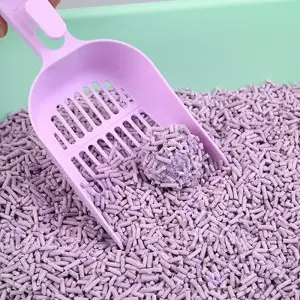
267.webp)
